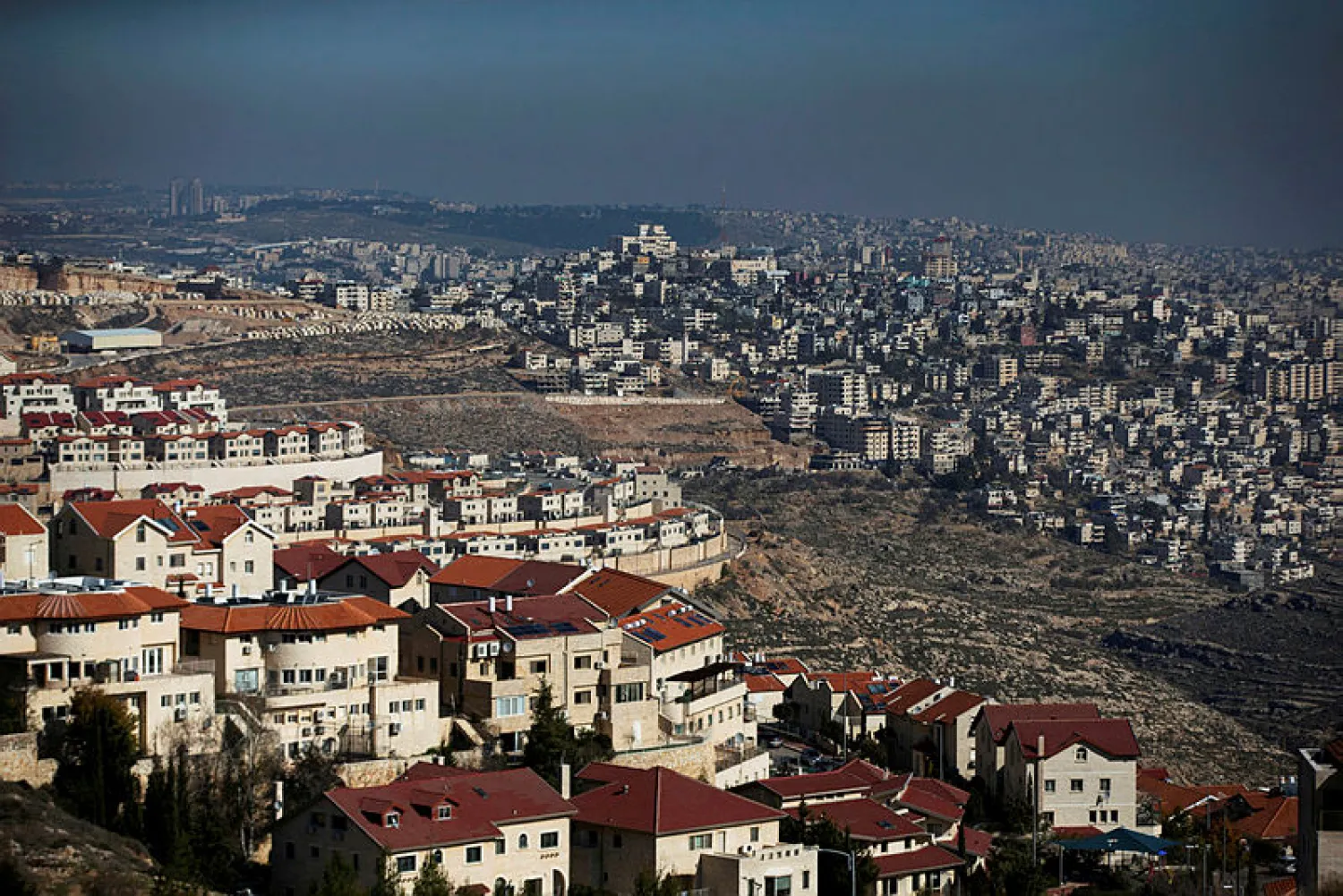Outgoing Defense Ministry director-general Udi Adam said that Israel cannot unilaterally annex large areas of the West Bank.
Annexation has become less urgent amid the COVID-19 pandemic, he stressed.
His comments came as Zionist Organization of America National President Morton Klein was informed by senior White House officials that "the American window for deciding on the matter of Israeli sovereignty is between a month and 45 days."
Klein stated that "applying sovereignty is the most rational, humane and security-driven decision, which is reinforced by the Bible. It gives Israel defensible borders instead of the 'thin waist' it has now and brings stability and normalcy to the lives of 500,000 Jews who currently reside in Judea, Samaria and the Jordan Valley."
A classified document that the Israeli delegation to the European Union forwarded to the Foreign Ministry in Jerusalem on EU’s reaction to sovereignty predicts that should it go ahead, the Europeans will immediately boycott diplomatic visits.
Israel’s former ambassador to the EU, Oded Eran, and former Israeli ambassador to Germany Shimon Stein have also raised the alarm about the worsening situation in Israeli-EU relations, saying that “declaring the application of sovereignty will bring condemnation and possibly even punishments.”
In a report published by Bloomberg, journalist Zev Chafets wrote that “there’s at least a strong possibility that after four years of a beautiful partnership Israeli Prime Minister Benjamin Netanyahu could soon be facing life without Donald Trump.”
“While many of the US other allies might find that a cause for relief, for Bibi the reaction is likely to be more complicated. Trump has lavished priceless gifts on Bibi -- the Golan Heights, a US embassy relocation to Jerusalem and permission to wage covert war against Iran.”
Chafets said “Trump tore up the Iran nuclear deal at Netanyahu’s urging and adopted Netanyahu’s design for a Palestinian mini-state in the West Bank. He even named the plan after himself.”
“In the last three Israeli electoral campaigns, Trump worked hard to keep Bibi in office. Now it is Trump who is running for re-election. The president fully expects Bibi to reciprocate,” he added.









